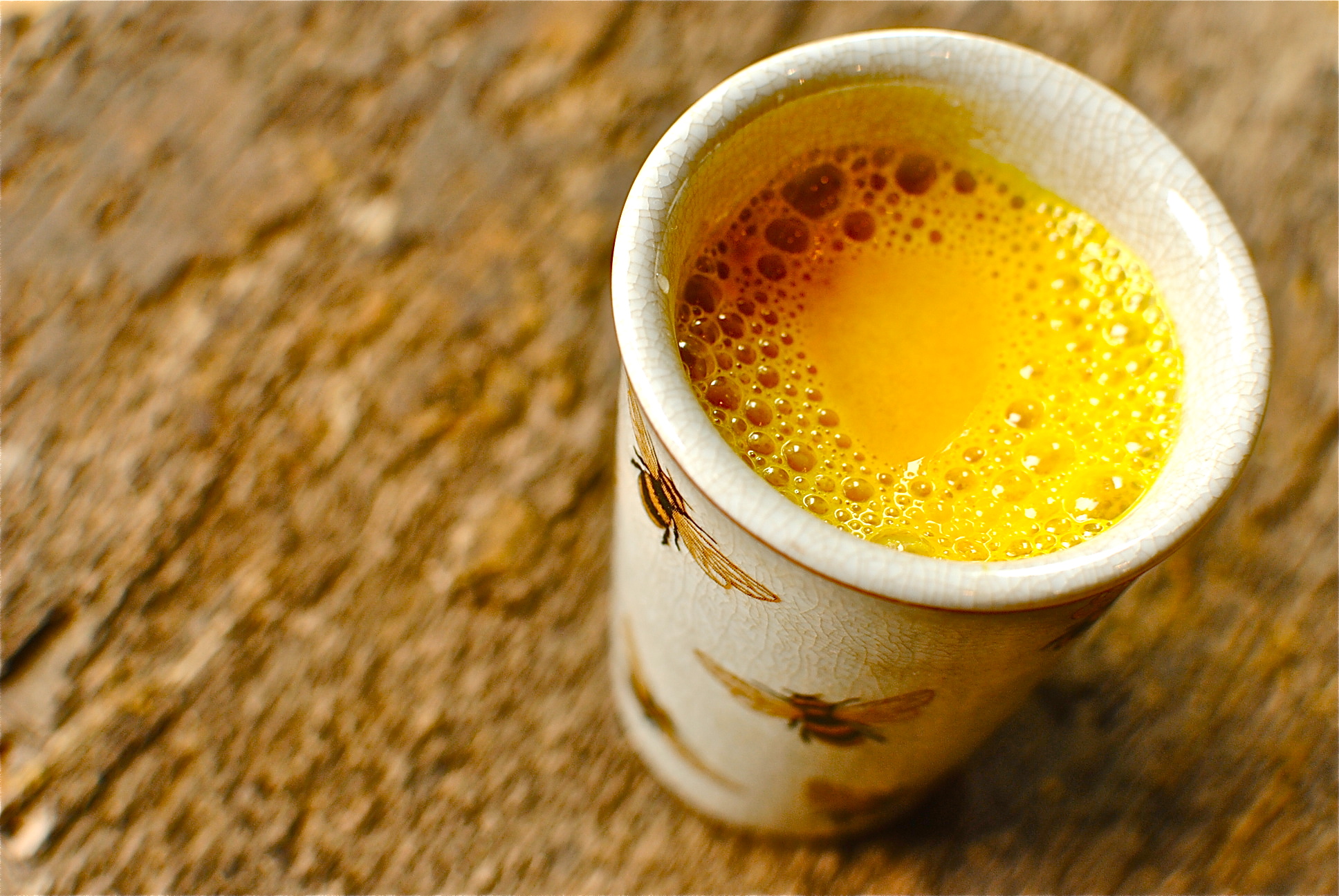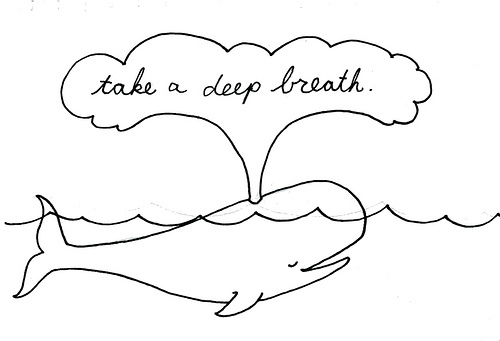
Teeth grinding refers to clenching or grinding your teeth. It is like putting 1,200 pounds of recurring pressure on the teeth, muscles, tissues and the areas around the jaw.

It can lead to problems like jaw joint disorders, jaw pain, headaches, earaches, damaged teeth and many others. The teeth clenching and grinding may also lead to temporomandibular joint dysfunction (TMJ).
The most common causes of teeth grinding include stress, suppressed anger or frustration,misaligned teeth, growth of the teeth and jaws, complications from diseases like Parkinson’s or Huntington’s, some type of parasitic infestation, and a side effect of certain medications. It is also very common among people with fibromyalgia.
Often, people become aware of the problem when they experience headaches accompanied with pain in their teeth or jaw. Some learn that they have the problem when their dentist sees damage it has done to their teeth.
Whether or not you experience symptoms resulting from the problem, it is important to put a stop to teeth grinding.
Here are the top 10 ways to prevent teeth grinding.
1. Warm Compress
Applying moist heat on the jaw area is one of the best ways to prevent teeth grinding and jaw clenching. Heat will help relax the jaw and the muscles of the mouth.
- Soak a washcloth in hot water and wring out the excess water.
- Hold the moist washcloth around the jaw area.
- Do this twice daily to relax your jaw muscles and prevent teeth grinding.

If you like, you can even take a warm bath before bedtime. The warmth of the water may temporarily relax your jaw muscles.
2. Massage
Gently massage the muscles of the neck, shoulders, and face in circular motion for a few minutes daily before going to sleep. It helps relieve tension in the masticatory muscles. Thus, it decreases pain and helps reduce clenching.

A full-body stress-management massage will also be beneficial as stress is usually the main cause of teeth grinding.
3. Valerian
Valerian has muscle-relaxing properties that help you relax and enjoy deep sleep. When you sleep better, there is less chance of grinding your teeth.

- Mix a few drops of valerian essential oil in one teaspoon of olive oil and massage in onto your jaw and neck area that is close to the jaw.
- Also, drink valerian tea regularly.
4. Lavender
Lavender has a calming and soothing effect on the nervous system due to its bioactive constituents. Plus, it induces relaxation and helps you to sleep better.

- Mix three or four drops of lavender essential oil in one teaspoon of almond oil or olive oil.
- Use this oil to massage your jaw and neck area that is close to the jaw.
- Do this once during the day and again before going to bed.
5. Herbal Tea
If you are tense or under stress and likely to have disturbed sleep, drink a cup of herbal tea before going to bed. Warm herbal tea will have a relaxing effect on your body.
When you are relaxed from within, there is less chance that you will grind your teeth in your sleep. Plus, a warm cup of herbal tea promotes deep sleep and relaxes the facial muscles.

Green tea and chamomile tea are the best herbal tea options. You can use packaged green tea or make a chamomile tea.
- Mix two teaspoons of dried chamomile flowers in a cup of hot water.
- Steep for five minutes.
- Strain and add some lemon juice and honey.
- Drink this tea one or two hours before bedtime.
6. Turmeric Milk
Turmeric and milk when combined together can help control the problem of teeth grinding to a great extent. Milk has the amino acid tryptophan, which helps you relax and enjoy sound sleep. Also, the calcium in milk will help keep your teeth healthy. Adding turmeric to milk will enhance its health benefits and help relieve pain.

- Heat one cup of milk.
- When the milk starts boiling, add one teaspoon of turmeric powder.
- Stir slowly until the milk becomes a rich, mustard color.
- Remove from heat, and add one tablespoon of honey.
- Drink it daily about 30 minutes before going to bed.
7. Calcium and Magnesium
Teeth grinding can also be reduced or stopped by taking calcium and magnesium supplements every day. Both calcium and magnesium are necessary for muscle function and nervous system health.

Plus, these minerals support teeth strength. When there is a deficiency of calcium of magnesium in the body, you can have problems with clenching, spasms, cramps, tension and other muscle problems.
- Take powdered calcium and magnesium in a 2:1 ratio every day. Start with 600 milligrams of calcium and 300 milligrams of magnesium. You can gradually increase the dosage to 1000 milligrams of calcium and 400 to 600 milligrams of magnesium.
- Dissolve the powdered supplements in an acidic liquid like orange or grapefruit juice.
- Drink it daily for two months.
8. Vitamin C
Vitamin C is highly essential for your body to function properly. This vitamin is also essential for making the key neurotransmitter dopamine, which regulates mood.

It also plays a key role in controlling smooth muscle movements. Vitamin C deficiency has shown to affect the production of adrenaline and noradrenaline, which in turn affects the nervous system and even causes stress.
- Take vitamin C supplements after consulting your doctor.
- Also, try to include more foods rich in vitamin C in your diet.
9. Deep Breathing
Deep breathing exercises are another way to prevent teeth grinding. Such breathing exercises will help you relax before going to bed. Deep breathing also eases tired muscles. The more relaxed you are, the less likely you are going to suffer from teeth grinding in your sleep.

One hour before going to bed, practice some deep breathing exercises.
10. Exercise
Exercising regularly at least three times a week will help reduce stress and calm your body. Regular exercise can improve immune system and circulatory system functioning, which strengthen your ability to cope with stressful situations. Also, exercise helps you sleep better.

After eating dinner, take a walk in the garden or engage in some other mild exercise to help relieve some of the tension and stress that may cause teeth grinding. Also, avoid taking stimulating substances like tea, coffee, or alcohol after dinner as they may worsen the problem.
By using these simple tips and suggestions, you can easily prevent teeth grinding. However, if the problem is severe, consult a doctor. You may need to use a mouth guard or protective dental appliance (splint) while sleeping to prevent damage to your teeth.
Resources: www.massagetoday.com/archives/2004/12/05.html











































